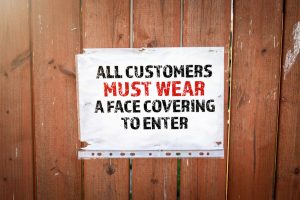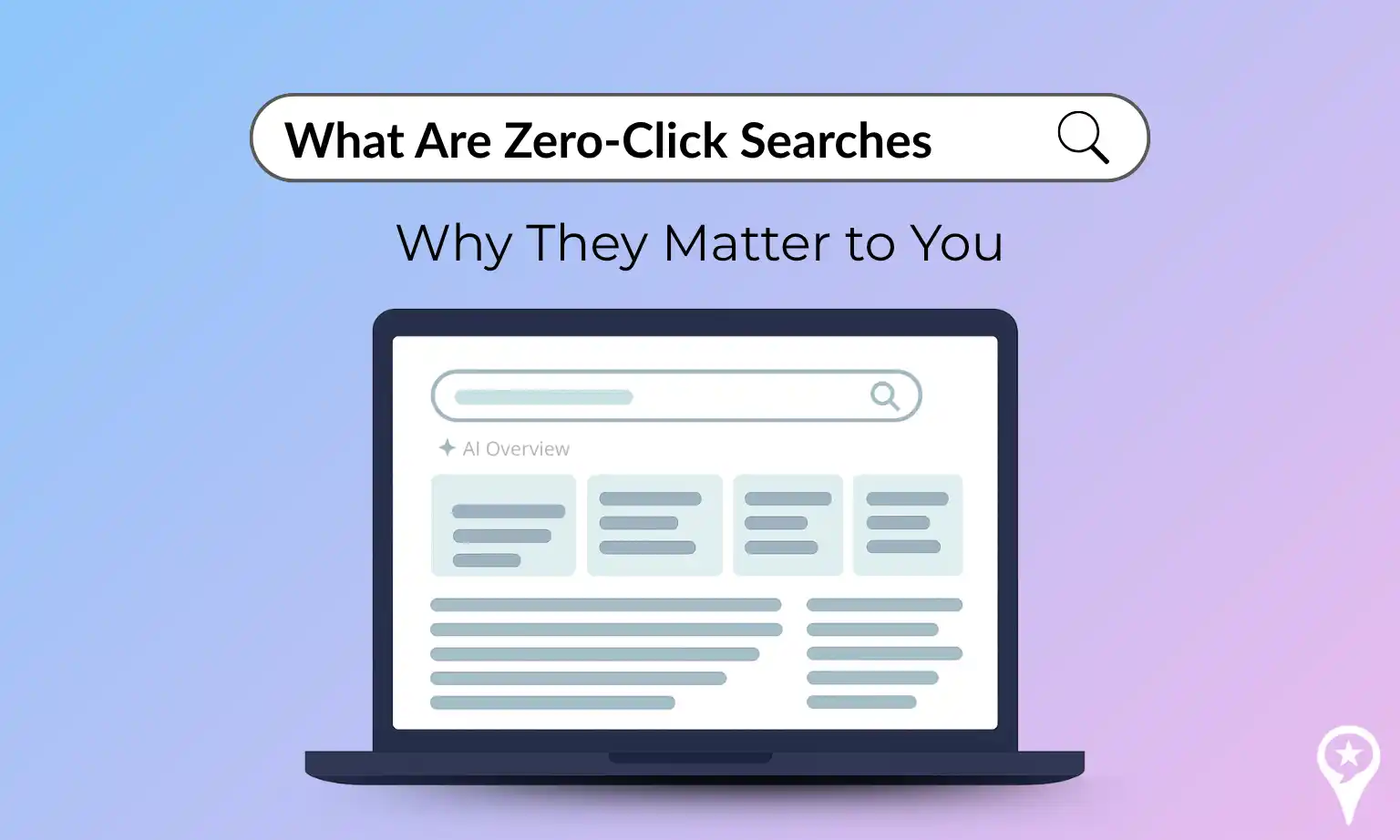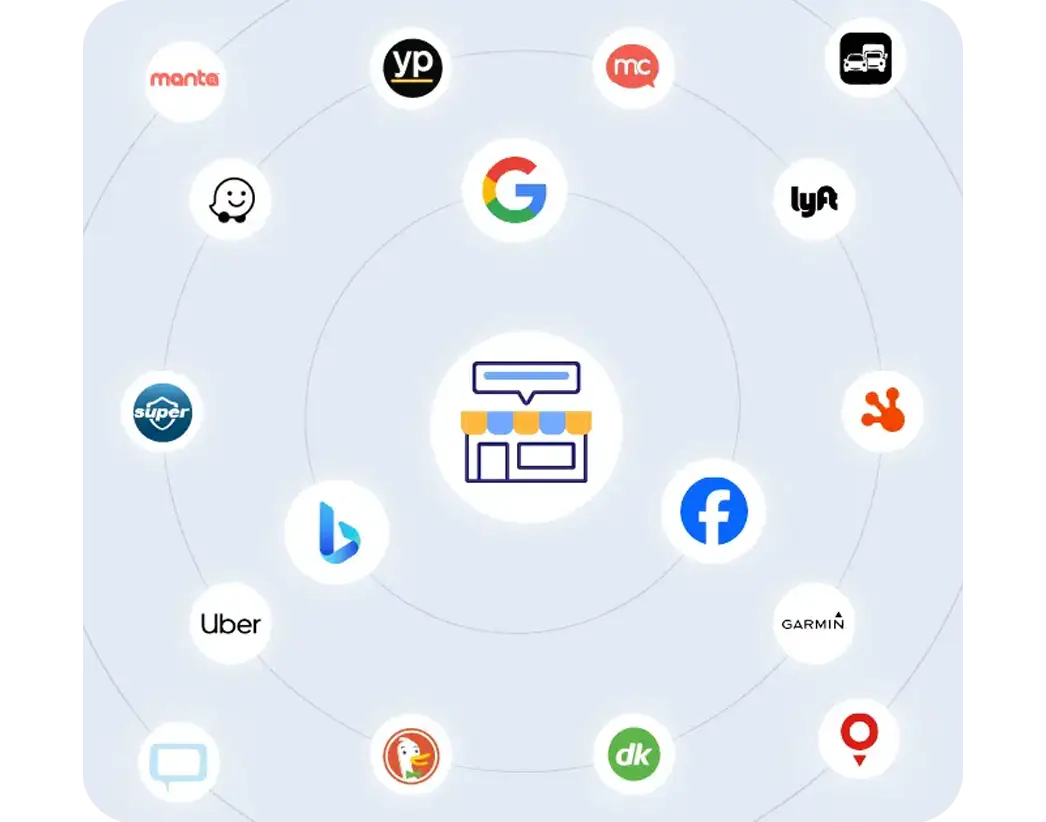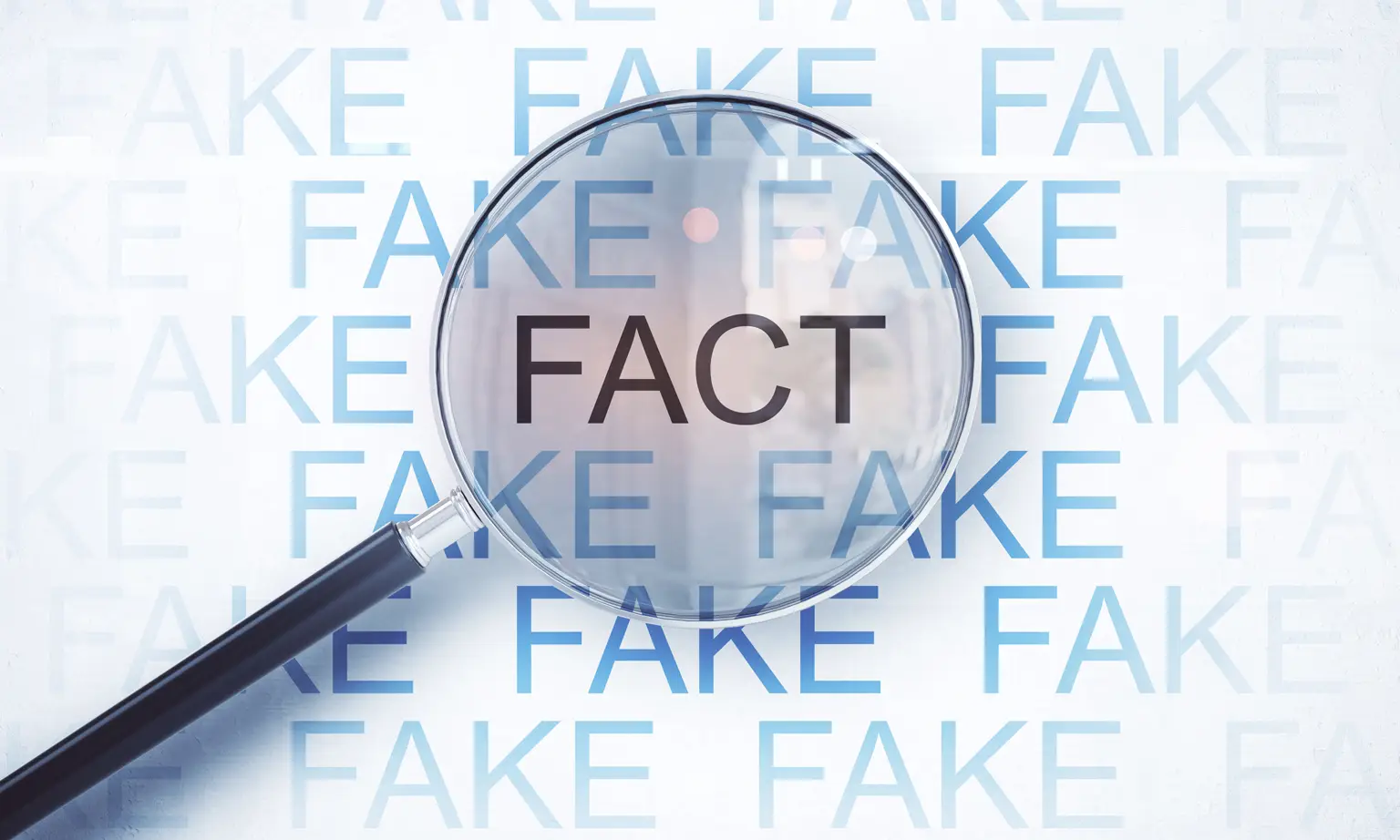Online reputation has become a significant way businesses rely on for marketing. Reviews are the primary way people choose a business to work with or a restaurant to try. 93% of customers read online reviews before buying a product, showing how heavily people rely on reviews for their decision-making.
While they may be reliable under certain circumstances, people have been using reviews to raise other concerns that have negatively impacted businesses since the start of the pandemic in 2020.
Mask Mandates in the U.S.
Since the start of the pandemic, masks have been a controversial issue regarding whether or not they’re necessary.

Some states, such as Texas and Florida, have recently entirely reopened their states and have eradicated the mask mandate. Although individual states have the right to regulate mask mandates as they wish, not all residents in these states agree.
How the Mask Mandate is Impacting Reviews
Since the mask mandate remains politically controversial in the U.S, many customers are using reviews as a way to weaponize or voice their opinion about the businesses’ mask mandate.
Yes, reviews are about personal opinion, but now customers have started to use them to call out businesses for their preference to require masks or not.
For example, in Dallas, Texas, Micheal McHammer left a one-star review on Google for AllGood Cafe shortly after: “Requires you to wear a mask after the lifted mandate. Spend your money elsewhere.”
This begs the question – how can you monitor negative reviews, especially when they are given based on something like the mask mandate, which is a controversial issue?
Sure, customers have the freedom to voice their opinion by writing reviews. However, reviews can be detrimental to a business’s success, and it’s challenging to navigate right and wrong because there are fair points on both sides. It becomes a quandary of how to proceed or who is in the right. Only time will tell.
The good news is that while some customers will use reviews to hurt a business, many who are advocates will step up to defend their favorite businesses. Detour Doughnuts in Frisco, Texas, received 183 five-star reviews after a lengthy negative review was posted regarding their mask mandate.
How Should Businesses Treat Such Reviews?

One solution is a recent tool implemented by Google, where you can ‘flag’ reviews. There are specific guidelines. We recently wrote about the topic. Google has created a list of qualifiers for reviews to be flagged. The list includes items such as harassment, racist remarks, unrelated, etc. The hope is to monitor review content and make sure the information is accurate and not used to weaponize any business, groups, or individuals.
A spokesperson from Yelp addressed the issue, and they’ve implemented particular COVID-19 review content guidelines to “protect local businesses from reputational harm related to the extraordinary circumstances of the pandemic.” This means the issue is being addressed and hopefully resolved.
It is presumed the issue will continue, and various review sites will have to strengthen their measures to protect businesses.
Importance of Automation Software
You don’t have to worry about how a review can hurt your business when you are taking control of your business’s online reputation.
The high importance of online reviews makes it necessary to have a plan in place for online reputation management. It’s vital to respond to positive reviews and negative reviews quickly.
With ReviewInc’s reputation management software, businesses have the tools to properly oversee their online reputation and all reviews. This allows their team to respond quickly and appropriately, as well as collect new positive reviews, which will outweigh negative ones.
To learn more about ReviewInc’s Review Flow, request a demo here.








